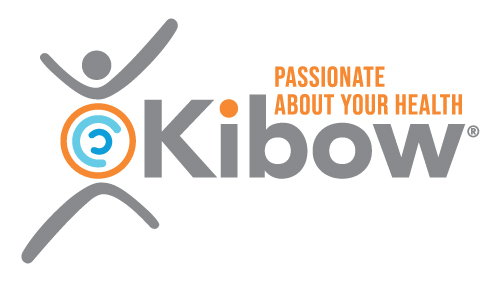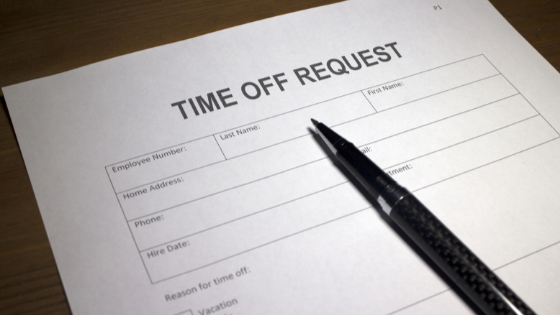*These statements have not been evaluated by the US Food and Drug Administration. This information is not intended to diagnose, treat, cure, or prevent any disease. Always consult with a qualified healthcare professional prior to beginning any diet or exercise program or taking any dietary supplement. The content on our website is for informational and educational purposes only.
Written By: Steve L. Belcher, RN, MSN, MS, DN-CM
Many dialysis patients when first diagnosed with kidney failure are employed either full or part-time and didn’t know about options they may or may not have taken off from work. If you should find yourself in this position there are options for taking time off from work. Talk with your employer for further information pertaining to each option. Below are options that you may have if you have to take time off from work due to kidney failure and have to undergo kidney dialysis treatments:
- Family Medical Leave Act (FMLA):
Most employers are mandated to provide up to 12 weeks of job-protected medical leave. This allows you to take a few weeks off and still keep your job. Some employers even offer medical leave in addition to FMLA, so speak with your employer if this is something available to you.
- Disability:
Your employer may offer disability benefits that provide income while you recover. Disability can be taken together with FMLA.
- Americans with Disabilities Act rights:
Because you are on dialysis, you may have rights under the ADA at your job. One of the rights is to have reasonable accommodations made for you to continue working and, in many cases, being able to take some time off to recover could fall under this category.
- Vacation & Sick Time:
If FMLA and disability are not available, you may want to take vacation or sick time to recover with pay before taking any unpaid leave.
- Unpaid Time Off:
If paid time off is unavailable to you, having a conversation with your employer about granting you unpaid time off to recover might be your best option.
Below are some suggestions to begin a discussion with your employer:
- “I have started kidney dialysis, it is a disability, but I plan to keep working. I need about a month off to start treatment and begin recovery. After my time off, I anticipate being able to work again and still perform the important tasks of my job.”
- “Do I have disability Benefits? If so, let’s talk about them.
- “Do I have FMLA benefits? If so, let’s talk about them.
- “If I don’t have disability or FMLA, I would like to use any vacation or sick time. Do I have any? If not, I hope you can give me some unpaid time off to recover.”
In addition, you may want to ask about flexible work options, including working from home, working fewer hours, changing schedules, or moving to a less demanding position. If your employer won’t give you time off, look into some other resources such as the Equal Employment Opportunity Commission (EEOC) which provides advice if you are discriminated against because of your disability.
About the author
Steven Belcher, RN, MSN, MS, is a dedicated kidney advocate who began his journey 20 years ago as a dialysis nurse. This job inspired him to help as many people with kidney disease as he could. Not only did he spend two decades caring for a patient’s physical and emotional needs in a clinical setting, but he also educated the public on the risk factors of kidney disease. Some of his many philanthropic successes include being a keynote speaker at the National Association of Nephrology Technicians/ Technologists (NANT), presenting at community spaces, and launching radio shows.
He now focuses his time entirely on his organization Urban Kidney Alliance, which educates the public about kidney disease. His goal? To lower rates of Chronic Kidney Disease in urban communities in Baltimore, Maryland, across the country, and globally through education and collaboration.
Steve has also written the book “HOW TO SURVIVE OUTPATIENT HEMODIALYSIS: A GUIDE FOR PATIENTS WITH KIDNEY FAILURE.” You can read the book review here.





